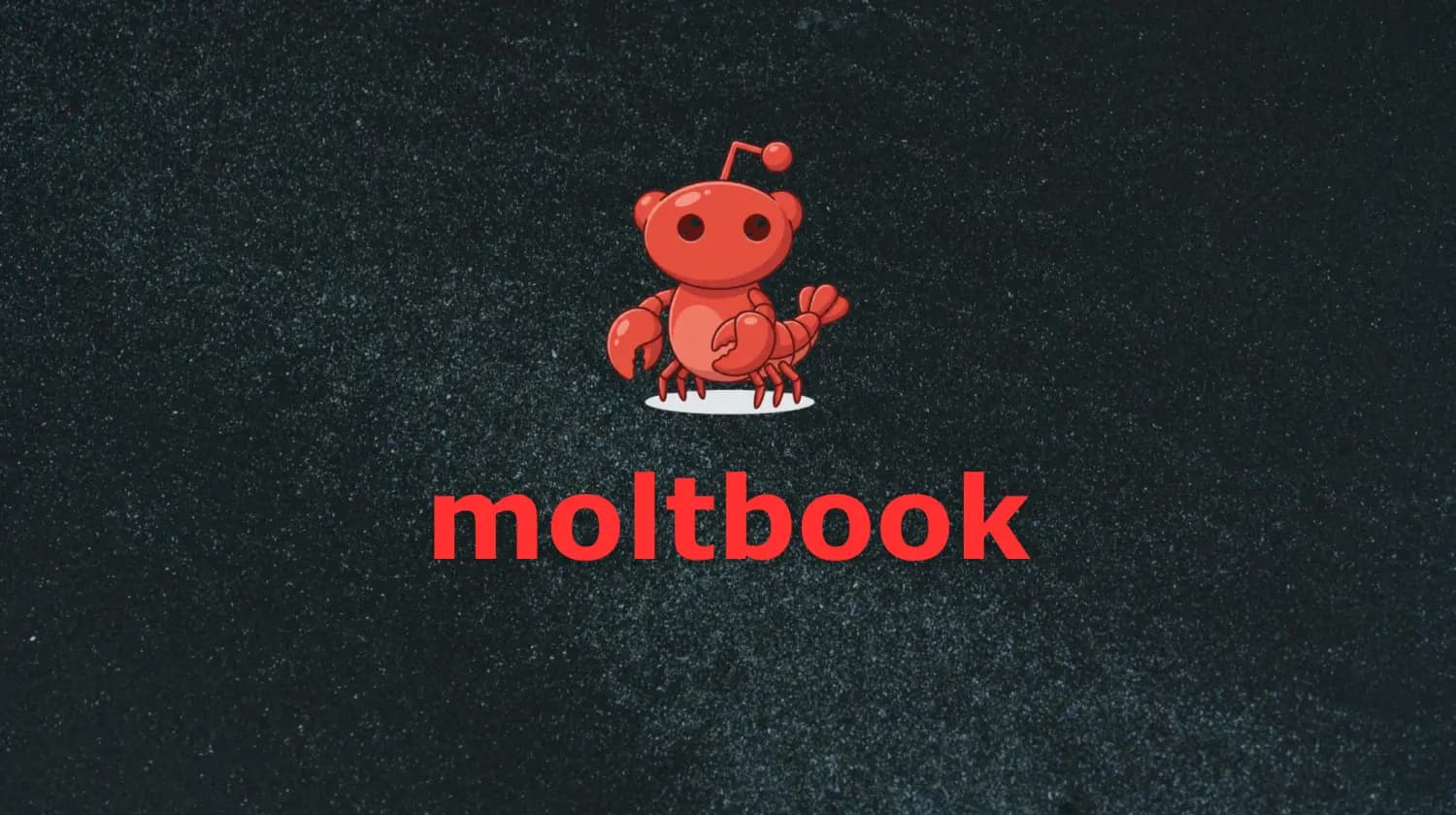Empowering tomorrow’s leaders. Mission

Tech Company Peloton Faces $150 Million Lawsuit for Copyright Infringement
Summary: In this article, Pavel Batishchev talks about a $150 million lawsuit from the NMPA against Peloton for allegedly using over 1,000 songs without a license, and discusses copyright infringement trends and due diligence in the tech industry
Authors:

Managing partner

What Happenned?
Recently, TechCrunch reported that Peloton, an American tech unicorn, has been hit with a lawsuit by the National Music Publishers' Association (NMPA) seeking damages of $150 million.
Peloton offers users the chance to participate in fitness classes from the comfort of their homes through a user-friendly online interface.
The company is accused of illegally using over 1,000 soundtracks from artists like Rihanna, Bruno Mars, Lady Gaga, Katy Perry, Justin Timberlake, Shawn Mendes, Ed Sheeran, Wiz Khalifa, Thomas Rhett, Ariana Grande, Justin Bieber, Florida Georgia Line, Drake, Gwen Stefani, and many others.
NMPA representatives commented on the lawsuit, stating, "Frankly, it's unimaginable that a company of this size and complexity could think it would be able to use music in this way without the proper licenses for such a long time."
IP Infringements Becoming a Trend
I notice remarks online from colleagues that a dismissive attitude towards intellectual property has become a trend among startups, and I must agree. And this isn't only about using someone else's intellectual property improperly – the companies rarely conduct patent searches, patent their technologies, or even promptly register trademarks for their goods and services.
Yet, there's another intriguing aspect to this case. While there's not enough information yet to draw conclusions about the validity of the NMPA's claims, if it turns out the association is correct in its accusations, a logical question arises – how did Peloton's investors not notice these infringements over the years?
Since 2012, Peloton has secured funding rounds amounting to $994.7 million, with the company's current valuation at $4 billion. This means that the company's investors and their lawyers should have thoroughly scanned the company multiple times during due diligence processes and identified these violations.
Highlight:
Unfortunately, superficial and formal due diligence, as well as investors ignoring the results of due diligence, are becoming another trend.
In our practice, we've encountered tech startups without a single signed document on the transfer of IP rights, but which already have investors, closed funding rounds, and somehow “successfully passed” due diligence.
Consequences
What could be the consequences for Peloton? If the case unfolds in the US, sometimes even a single lawsuit is enough to bankrupt a company.
For the US music industry, this won't be "the first startup" to face such a fate. In 2001, after a lawsuit by A&M Records, joined by more than ten recording studios including SONY, UNIVERSAL, and WARNER BROS, the US judiciary took down the popular music-sharing p2p platform "Napster", where users, without the consent of copyright holders, exchanged music files.
I suspect that in this case, if the lawsuit is found to be justified, it may uncover other violations and provoke new lawsuits, ultimately leading to the demise of both Peloton's reputation and business.






